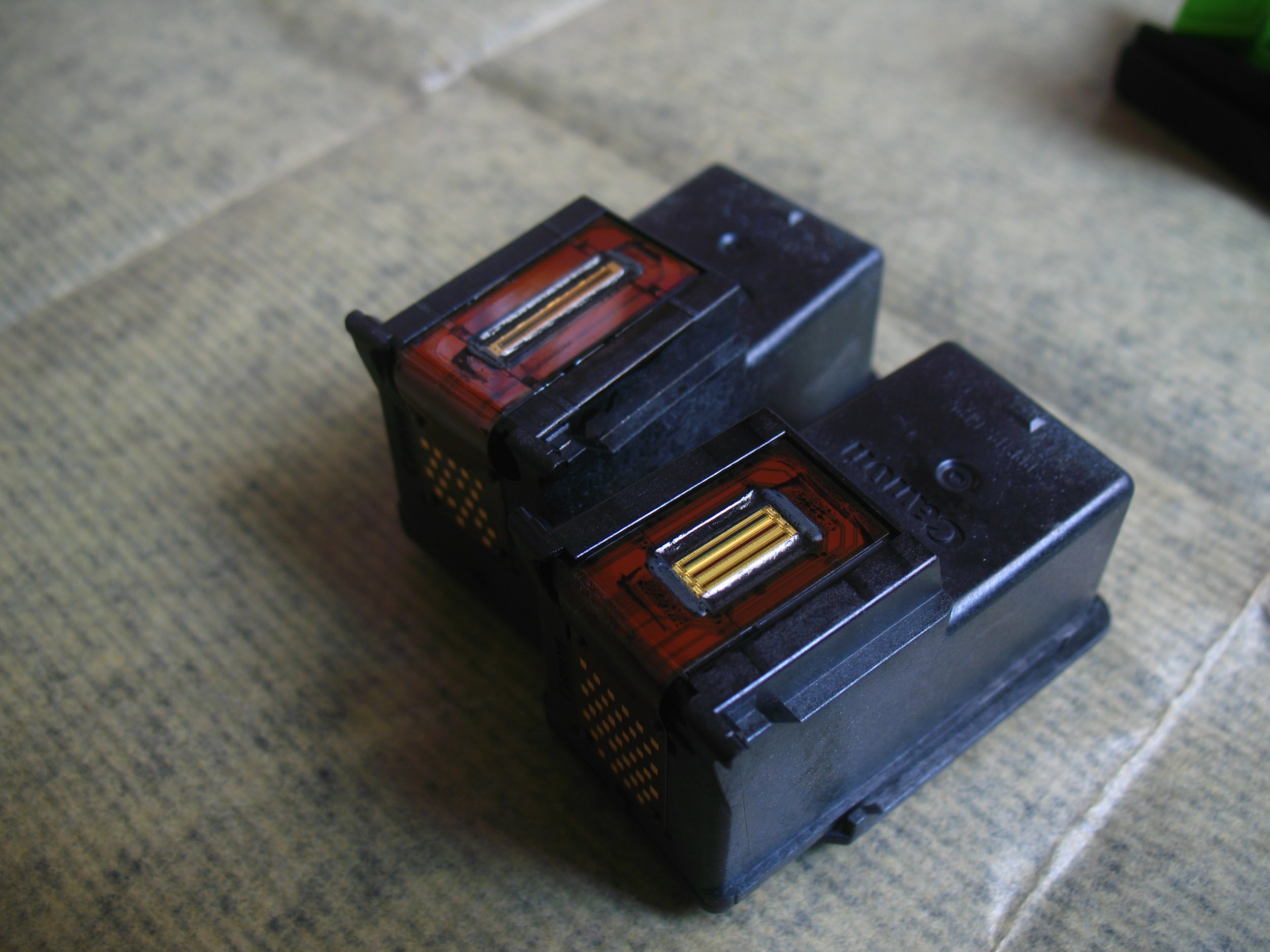
By Heather Hamilton, contributing writer
In Supreme Court case Impression Products, Inc v Lexmark International, Inc, the court ruled that a company that sells you something cannot use its patent on that product to determine or influence how you use it after you buy it. The court heard the case in March and issued a final ruling last week, a possible relief to consumers everywhere.
The case’s central question was that of patent exhaustion. Prior precedent held that the patent-holder’s rights are legally exhausted at the time the item is sold to someone else. Of course, all of that changes with microchips and DRM, which make usage restrictions enforceable after an item is sold.
Lexmark, who makes printers, and Impression Products, who makes and refills ink and toner cartridges for those printers, were in a dispute because, according to Consumerist, printer companies make the bulk of their money from cartridges, not printers. It makes sense, then, that Lexmark would attempt to claim that their patents dictate that a consumer must purchase a cartridge from Lexmark and not a third-party vendor.
Ars Technica reports that Lexmark offers two ways of purchasing printer cartridges: to pay full price or get a 20% discount through a return program, both run through Lexmark. Inside, Lexmark installed a microchip that prevented their reuse by outside companies. Eventually, third parties created a hack, allowing cartridges to be filled by outside companies, like Impression.
Impression maintained that the patent had expired — it was the owner’s choice what they did with the printer. After lawsuits, appeals, and re-hearings, the case ended up at the Supreme Court, which sided 7−1 (with Justice Gorsuch not participating with Impression Products).
The court said that a patentee’s decision to sell a product exhausts all of its patent rights, no matter the restrictions that the patentee attempts to impose. “As a result, even if the restrictions in Lexmark’s contracts with its customers were clear and enforceable under contract law, they do not entitle Lexmark to retain patent rights in an item that it has elected to sell.”
Chief Justice John Roberts wrote the opinion, pointing out that a store that restores and sells cars can do so, so long as those bringing in the cars own them. “That smooth flow of commerce would sputter if companies that make the thousands of parts that go into a vehicle could keep their patent rights after the first sale. Those companies might, for instance, restrict resale rights and sue the shop owner for patent infringement.”
Ultimately, Roberts concluded that the line of precedent is such that Lexmark cannot sue Impression Products to enforce the single-use/no-resale provision on the Return Program cartridges in question and that, once sold, the cartridges are outside the patent monopoly and out of Lexmark’s hands.
Justice Ginsburg dissented, agreeing with the Court’s ruling regarding exhaustion domestically but disagreeing that U.S. law could hold in foreign sales.
For consumers, this means that once you’ve made a purchase, the item is yours to do with it what you will, at least from a patent perspective. Copyright law and DRM can be used to control purchases like digital media or even the software in your vehicle.
Sources: Consumerist, Ars Technica, Supreme Court
Image Source: Wikimedia
Advertisement
Learn more about Electronic Products Magazine





